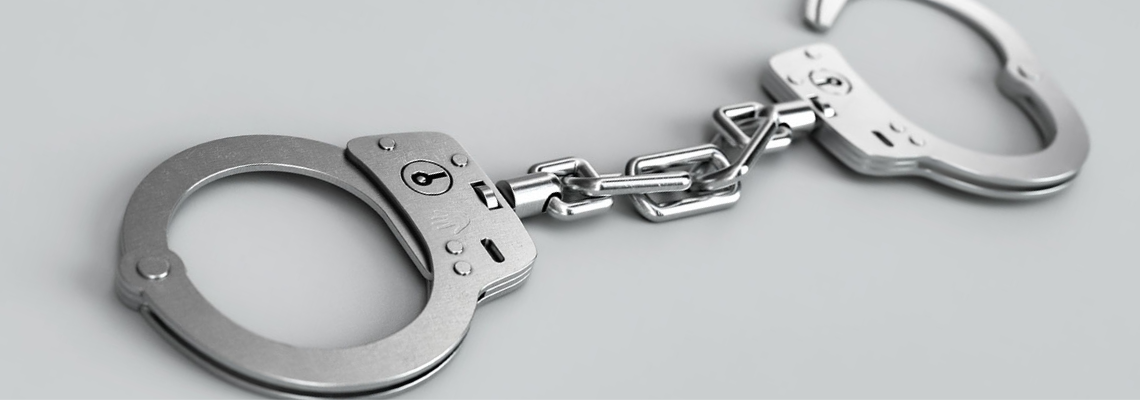
3 THINGS TO DO IF YOU
RECEIVE DRUG CHARGES
Ever since the United States began its war on drugs decades ago, it has become increasingly common for people to be arrested on unfair drug charges. Many people don't even realize that they are violating the law when they are arrested, if they are at all. This is because drug laws have become seriously complex and difficult for the average layperson to understand, varying wildly from state to state. In some states, for example, marijuana is legal for both medical and recreational use; in others, it is only legal for one type of use, and in others still it is legal for one or both types of usage but cannot be sold, or perhaps cannot be used publicly, or can only be carried in a specific amount.
Furthermore, many don't understand that there is a difference between legalization and decriminalization. Though the United States is hopefully moving towards an environment in which fewer innocent people are arrested on unfair drug charges, it still remains apparent that the authorities are continuing to pursue people for drug-related offenses to a serious degree. The year 2016 alone saw 1,572,579 arrests for drug law violations in the United States, according to the FBI. If you are arrested or believe you may be on the verge of arrest for a drug-related crime, you do have options. But you need to seek legal services, and quickly. Let's look into what you should do if you are arrested for drug possession charges or other drug law violations.
1. Do Not Talk
What you don't do is as important as what you actually end up doing. If you are arrested, you should be read your Miranda rights, which would include the right to remain silent. However, you should really be silent as soon as the authorities begin to interrogate you, even if you aren't arrested. You need to seek legal services before you say anything, because even if you haven't been arrested, what you say can potentially inform your possible case. This stands even if you are completely innocent. Though some worry about calling lawyers, believing that it will make them look guilty, the fact is that you are supposed to speak with an attorney. This does not affect the outcome of your case in terms of perception; you will be perceived one way or the other either way.
2. Hire The Right Attorney
Depending on where you live and what your circumstances are, drug possession charges can carry steep penalties. You could be looking minimally at a fine but potentially could face jail time as well. Therefore, it's not enough to get in touch with someone that you know who happens to be an attorney. You need to speak to a criminal defense attorney, and specifically an attorney that has experience with defending drug possession charges. Legal services, in general, are a must-have, but you can't simply skip the specifics of what your lawyer focuses in.
3. Gather Evidence
Although it's easy to feel gloomy about drug possession charges and believe that you'll only end up pleading down in order to avoid jail time, this is not always the case. You shouldn't let any prosecutor convince you to automatically take a plea deal of some kind, which is another reason why you need professional legal services in your corner. If you have evidence that would help your case, provide this to your lawyer immediately. What many prosecutors run into is trouble with proving that the defendant actually possessed the drugs that were found. For example, if you were pulled over when driving a friend's car and there happened to be marijuana in the car, you may be charged with drug possession; but there is a lot of potential room for you to prove that the marijuana didn't belong to you, or may not have belonged to you. Another big issue is the means through which the authorities' evidence was obtained. If the police did not follow the proper guidelines, you have potential leeway to be found not guilty. Your lawyer could argue that the police did not have probable cause to stop and search you.
No matter what, don't give up; you have options, especially with an attorney present.
